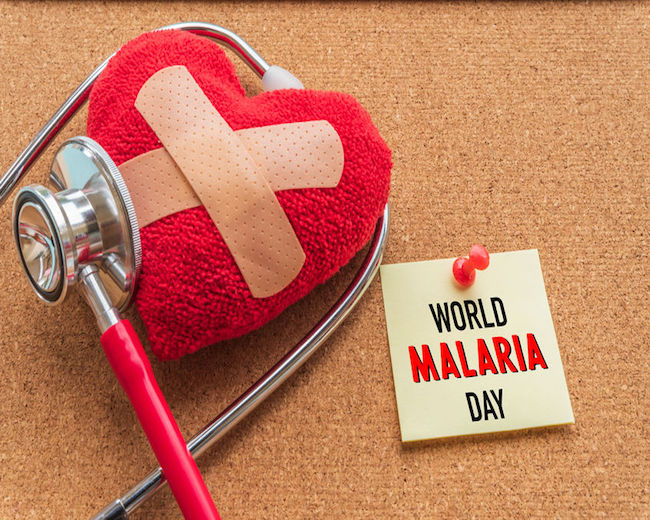How to manage symptoms of malaria in your toddler
Malaria season is still with us, running from September to May. Look out for these warning signs in your little one.
It’s endemic in the north-eastern parts of KwaZulu-Natal and Limpopo and in eastern Mpumalanga, so if your family holidayed there over Easter, or in neighbouring countries (Mozambique, Botswana, Namibia, Angola, Swaziland, Zimbabwe, Zambia), and your toddler shows signs, get them checked out at once.
Even if you have taken precautions – dressing your child in long sleeves and long pants, liberally applying mosquito repellent, getting them indoors before sunset, choosing accommodation with bed nets and fans or air conditioning, giving paediatric preventive medications – nothing is 100% effective.
What are the signs?
Symptoms usually take around one to four weeks to develop from the time of a bite by an infected mosquito, but can take as long as six months or a year, note the Centers for Disease Control and Prevention. The first symptoms of malaria are irritability, drowsiness, poor appetite and trouble sleeping.
These symptoms are generally followed by:
- Chills
- Fever with rapid breathing
- Shivering and sweating
- Headache
- Muscle pain
- Stomach pain
- Diarrhoea
- Nausea and vomiting
Get your toddler treated
“Early recognition, diagnosis and treatment of malaria is crucial, but it’s difficult in babies and toddlers,” says Dr Albie de Frey of Travel Doctor. It’s possible to confuse symptoms with flu, earache, tummy upset or other common childhood ills. If you have been in a malaria area, get your child checked out.
“The diagnosis and correct treatment of malaria is a medical emergency and mustn’t be delayed,” he says. “And diagnosis and treatment in children is even more urgent and needs to be done by a specialist in hospital. Home care is not an option.”
Although malaria mortality has dropped by about 50% in the past 15 years, malaria still causes more than 400 00 deaths each year, mostly in African children under age 5, reports the electronic medical journal BMC Medicine. Diagnosis of malaria is based on symptoms and where the child lives or has been, and a blood sample can then be taken to check for malaria parasites.
Treatment is with anti-malarial drugs and the relief of symptoms. Be guided by your healthcare practitioner. “Oral paracetamol (acetaminophen) is safe and effective for fever,” notes eMedicine. "If the child has hyperpyrexia (high fever), tepid sponging can rapidly bring the temperature down. Many children with malaria develop anaemia, but because the onset is gradual, children withstand a low level of haemoglobin quite well and blood transfusions are rarely needed.”
What are the dangers of malaria in toddlers?
Malaria is particularly dangerous in children, and complications can range from kidney damage and failure, to a breakdown of red blood that causes anaemia, respiratory failure and cerebral complications, from seizures to permanent brain damage.
If malaria is diagnosed and treated early, it can be cured in around two weeks. But left untreated it can be fatal, especially in children who have other health problems or are malnourished.
IMAGE CREDIT: 123rf.com



